Parent & Carer Corner
Health & Wellbeing
Help your child beat exam stress
Tests and exams can be a challenging part of school life for children and young people and their parents or carers. But there are ways to ease the stress.
Having someone to talk to about their work can help. Support from a parent, tutor or study buddy can help young people share their worries and keep things in perspective.
Encourage your child to talk to a member of school staff who they feel is supportive. If you think your child is not coping, it may also be helpful for you to talk to their teachers. NHS
Managing Exam Stress with Kooth
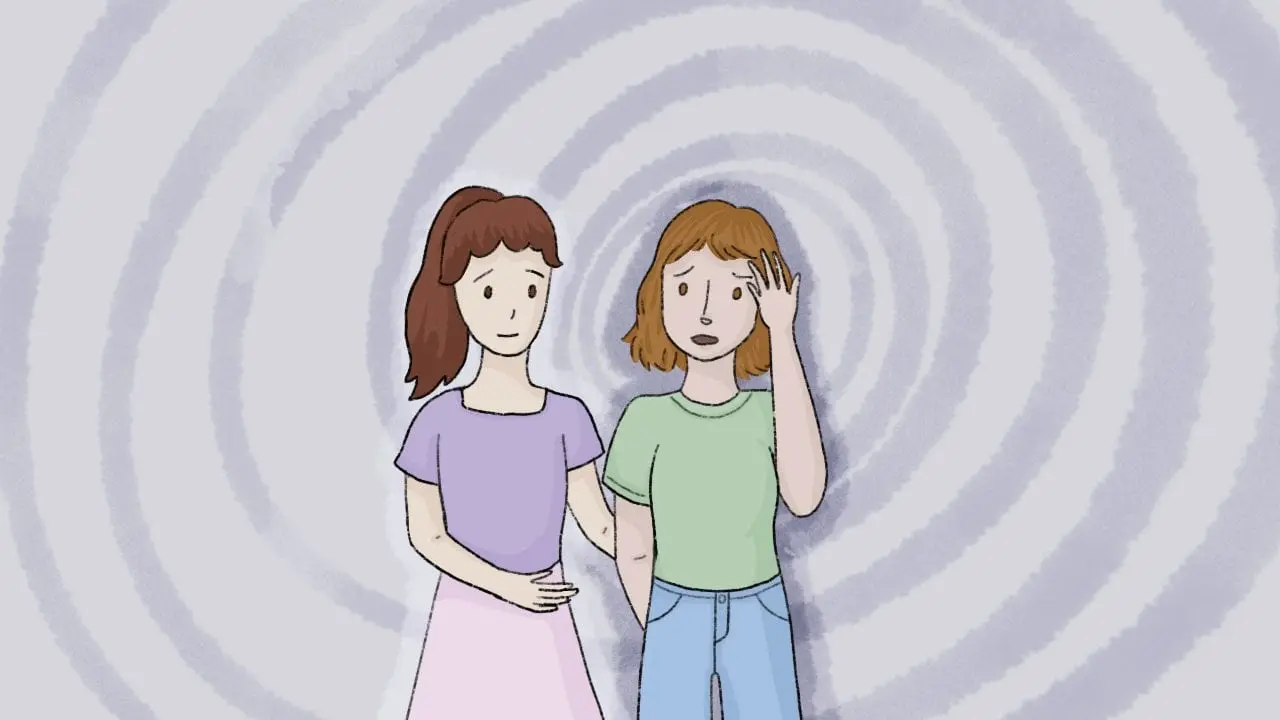
Social Media & Online Safety
At UoB School, we take a proactive approach to educating our pupils and students around online safety and making sensible choices. A key part of this support is to also share accurate information with families, to support our parents and carers to proactively keep their children safe online. Please find a selection of useful links and documents below to help you. These will be updated periodically.
What parents & carers need to know about TikTok.
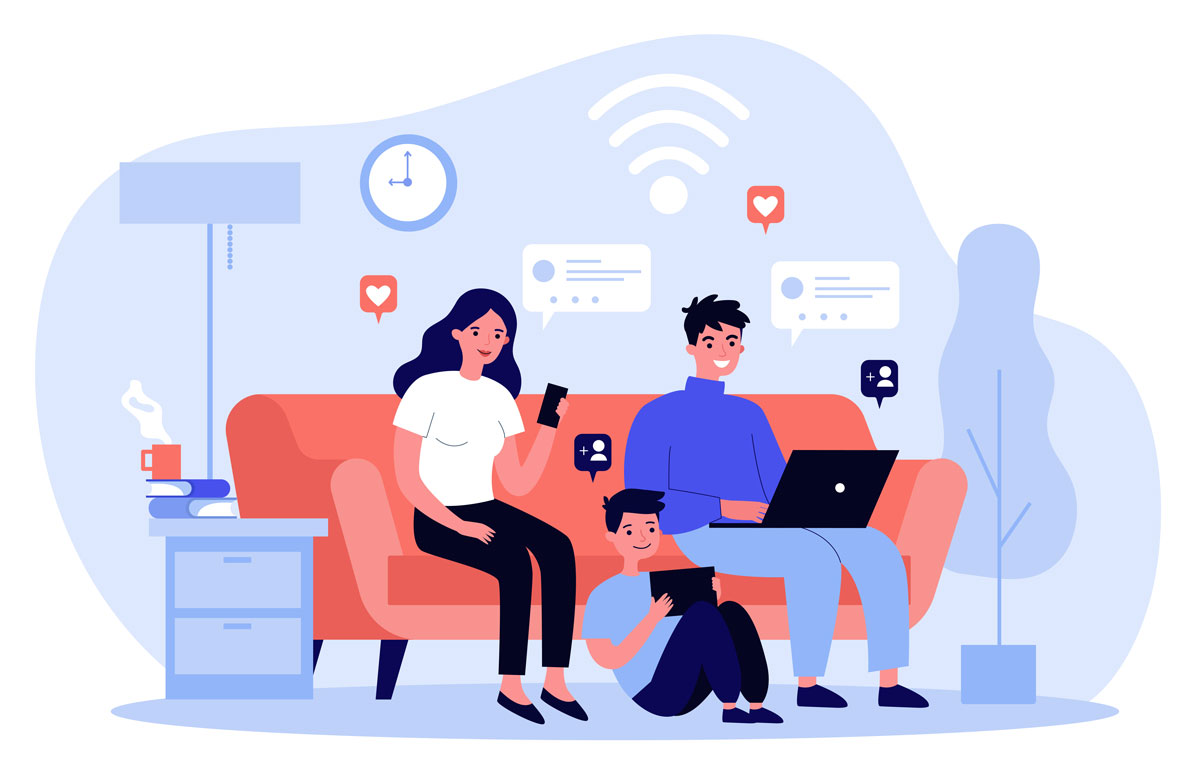
Anti-Bullying Alliance: Parents and Carers
As parents and carers we all want our children to be happy and safe, and it is natural to worry about bullying – particularly if we have experienced bullying ourselves or think our child may be more vulnerable to bullying. The good news is you are not alone! The Anti-Bullying Alliance and its members are here to work with children, families, and schools to help keep children safe.
As part of Anti-Bullying Week, we have created a a toolkit for Parents and Carers – a resource written for you designed to give you information about bullying, tips about what to do if you’re worried about bullying, the tools to help you talk to your children about bullying.
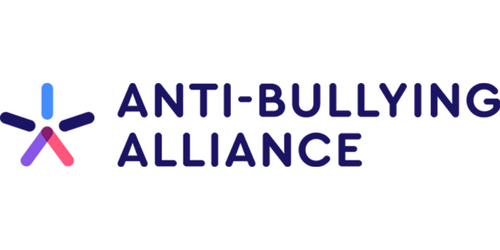
Self-care for parents & carers
Why self-care?
For many parents and carers, finding time for yourself can be a challenge as you juggle family and relationships with your home and work life. This can be especially true if you are supporting a child or young person with their mental health.
With the practicalities of day-to-day life, it can be easy to forget to look after your own wellbeing needs, as well as those of your children, which can lead to feelings of stress or being overwhelmed. Factoring in regular time or activities for yourself will hopefully allow you to enjoy the good moments in life more and to find strength during difficult times.

Our best mental health tips – from Mental Health Foundation
Protecting our mental health is easier than you might think. We can all do it, every day and with simple activities that help us feel OK, we’re better able to cope with life. It’s a bit like brushing your teeth every day – important in preventing problems. It’s the same for our mental health. It can also be fun!
Each of our tips has been created to help us look after our mental health and, importantly, each one is backed up by evidence from research, including the Mental Health Foundation’s own ground-breaking study.
Click here to download our best tips on how to look after your mental health – backed by research.
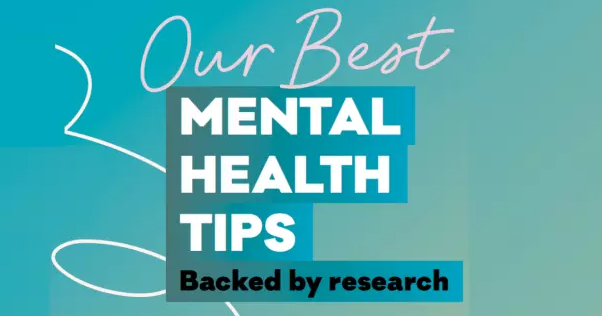
Communication & Autism Team
The Communication and Autism Team (CAT for short) is part of Access to Education who are a group of services supporting children and young people with additional needs in schools in Birmingham. Every mainstream school and academy has a Communication and Autism Team professional assigned to the setting.
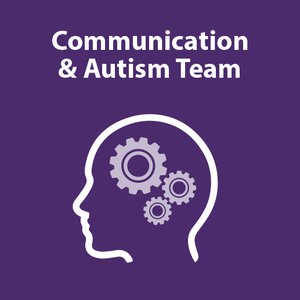
SEND Briefing Parent/Carer Webinars
As a parent or carer of a child or young person with SEND in Birmingham, you can access forums within your locality where you can meet other parents/carers and gain information and support from professionals.
Visit the Birmingham City Council website here to find out more.
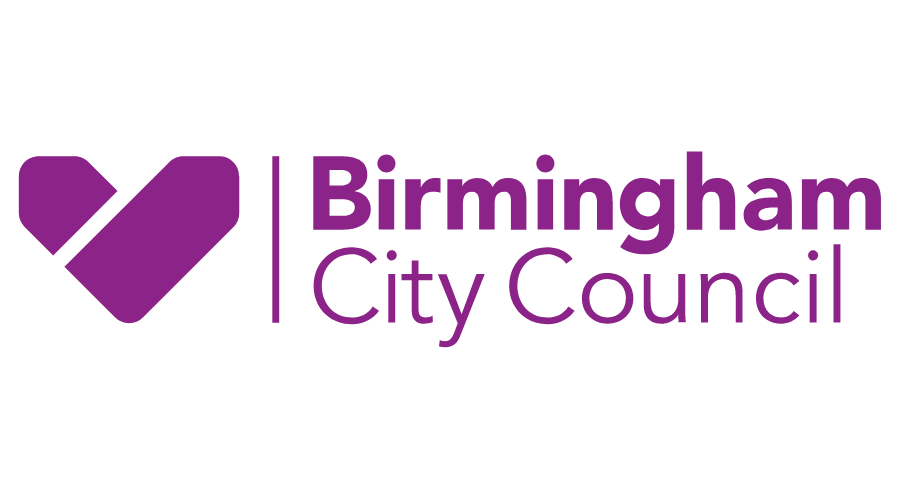
Useful links and websites
Anna Freud – guidance and practical tools to support children’s mental health.
Parent Info – advice for families in a digital world.
Teen Mental Health – A guide for parents and carers.
National Online Safety
Making the internet a safer place for children and young people.
National Online Safety aim to equip parents and carers with the knowledge they need to understand online dangers and how best to react should an incident arise.
On this website you’ll also find information about different social media apps (applications) and websites your children may be using and how they can be used safely.

Contact us
e: safeguarding@uobschool.org.uk or reception@uobschool.org.uk
t: 0121 796 5000
